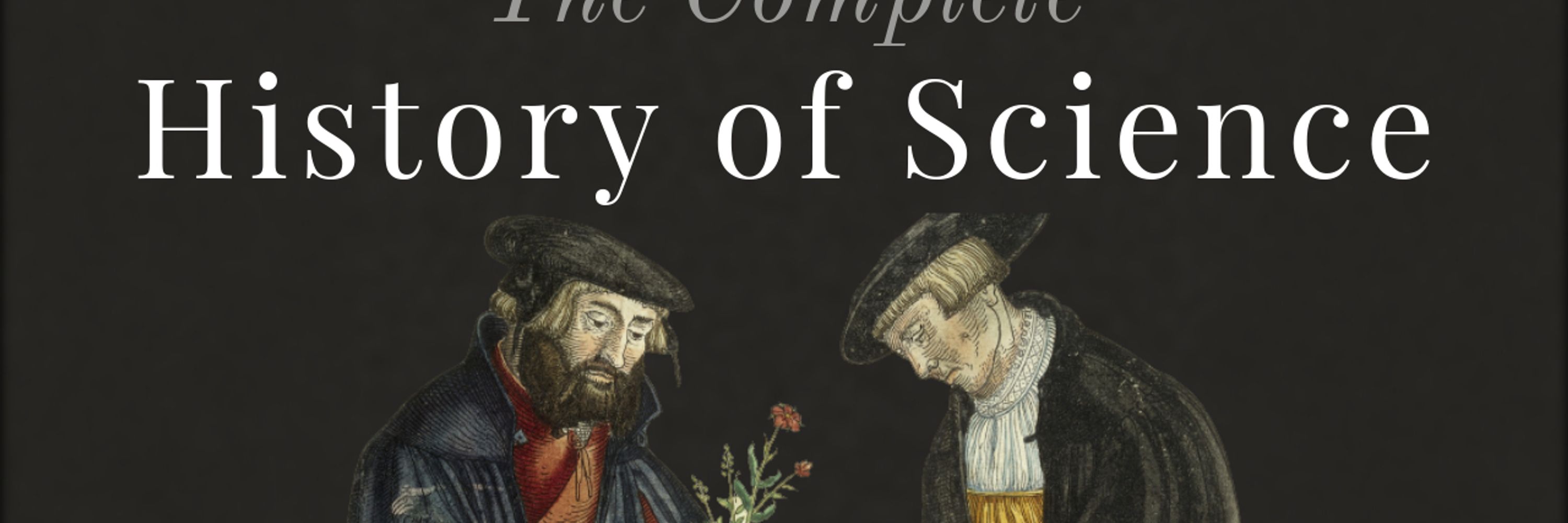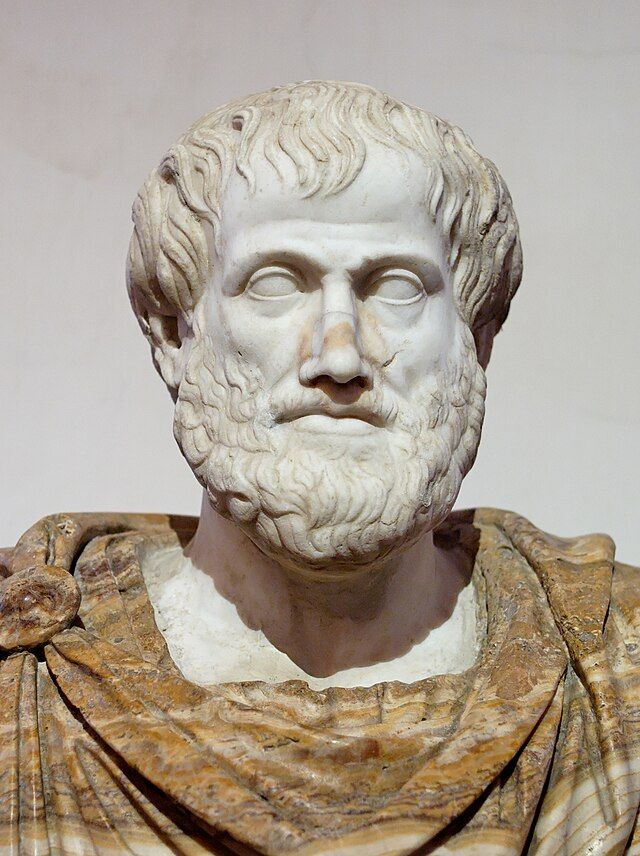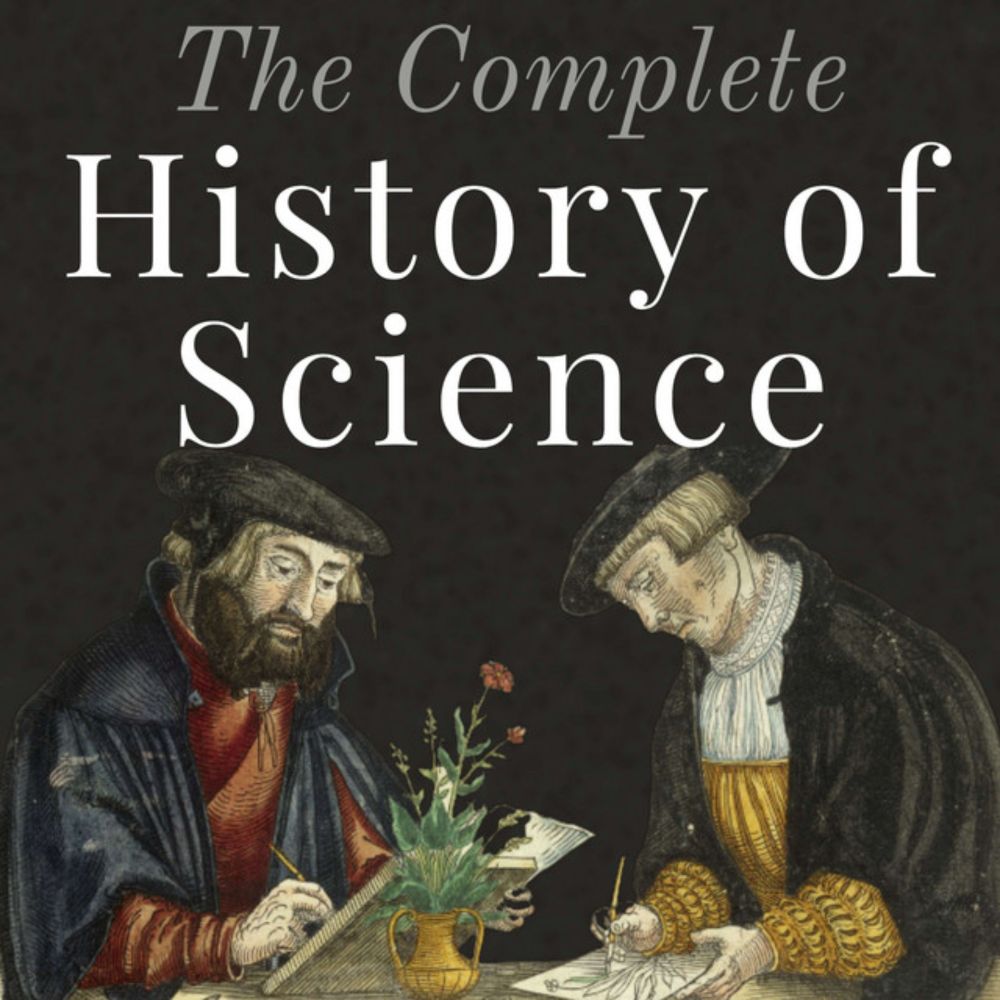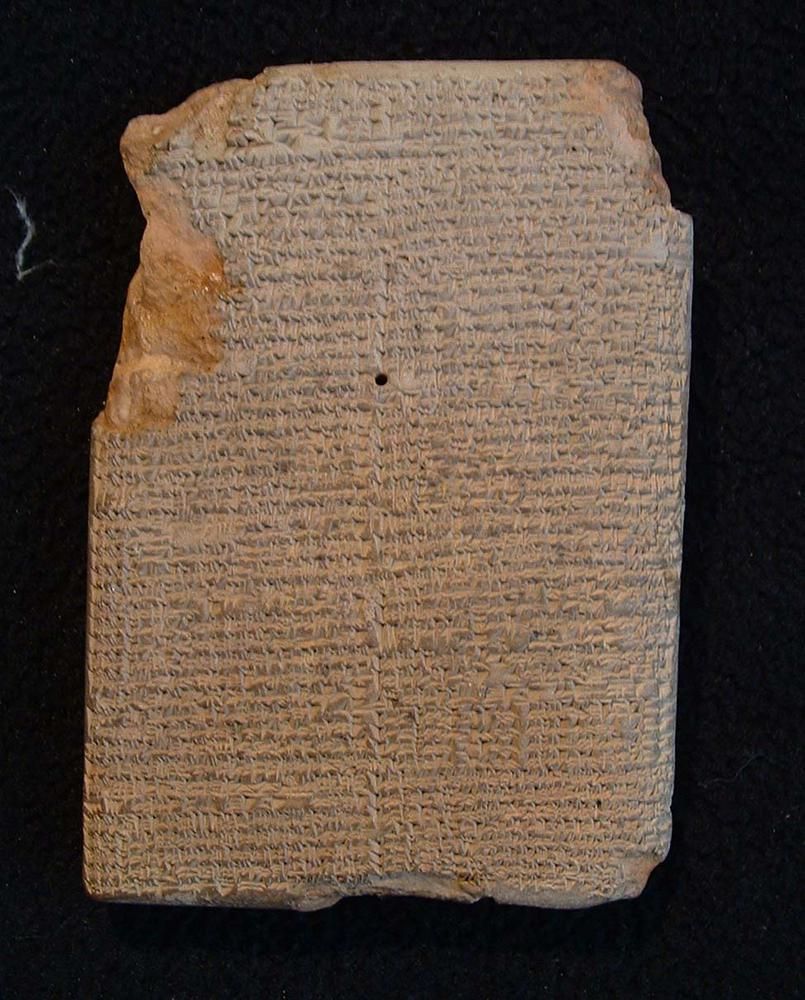
Find the podcast here:
https://thecompletehistoryofscience.buzzsprout.com/
Or any podcasting app (Spotify, Apple, Youtube etc.)
https://buymeacoffee.com/completehistoryofscience
(Posting this so I actually have to finish it).
(Posting this so I actually have to finish it).
This means your big desire to describe the appearance of your main character is a mistake. You can describe them over time but that description is not critical to your reader aligning with your character.
We align through behaviors.
#writingcommunity #booksky
This means your big desire to describe the appearance of your main character is a mistake. You can describe them over time but that description is not critical to your reader aligning with your character.
We align through behaviors.
#writingcommunity #booksky
www.youtube.com/live/xCWmMAw...
www.youtube.com/live/xCWmMAw...
More than 2,000 years ago, he began observing animals closely, recording their bodies, habits and behaviour.
🧵 Here are a few of his strangest and most impressive discoveries:

More than 2,000 years ago, he began observing animals closely, recording their bodies, habits and behaviour.
🧵 Here are a few of his strangest and most impressive discoveries:
More than 2,000 years ago, he began observing animals closely, recording their bodies, habits and behaviour.
🧵 Here are a few of his strangest and most impressive discoveries:

More than 2,000 years ago, he began observing animals closely, recording their bodies, habits and behaviour.
🧵 Here are a few of his strangest and most impressive discoveries:
open.spotify.com/episode/4b9x...

open.spotify.com/episode/4b9x...
They are called the MUL.APIN tablets and were created in the ancient civilisation of Babylon.
Let’s talk about the first stargazers who turned sky-watching into science. 👇

They are called the MUL.APIN tablets and were created in the ancient civilisation of Babylon.
Let’s talk about the first stargazers who turned sky-watching into science. 👇
I am going to start a series of threads giving a brief history of science from the beginning.
And where else to start but in Ancient Egypt... 🧵

I am going to start a series of threads giving a brief history of science from the beginning.
And where else to start but in Ancient Egypt... 🧵

